Nestlé Nutrition Institute Workshop
The Nestlé Nutrition Institute’s global workshops are top-tier scientific programs that bring together internationally renowned experts from around the world to review and debate key topics in pediatrics and maternal health, with a specific focus on nutrition. These workshops typically occur once or twice a year and offer an excellent opportunity to debate and discuss important topics while building relationships with leading experts in the field of nutrition.
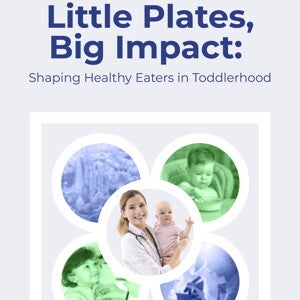
Nestlé Nutrition Institute Workshop 103 - Little Plates, Big Impact: Shaping Healthy Eaters in Toddlerhood

102nd Nestlé Nutrition Institute workshop - Growing Strong: Harnessing for Child Healththe Power of Nutrition
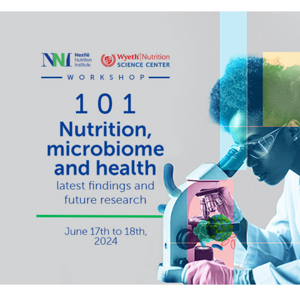
101st Nestlé Nutrition Institute workshop - Nutrition, microbiome and health: latest findings and future research
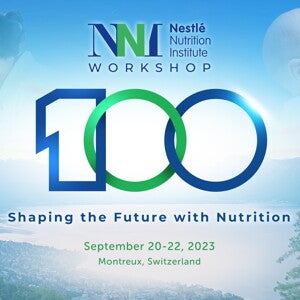
100th Nestlé Nutrition Institute Workshop - Shaping the Future with Nutrition
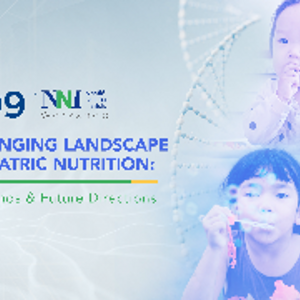
The Changing Landscape of Pediatric Nutrition: Latest Trends & Future Directions
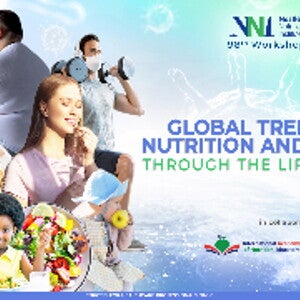
Global Trends in Nutrition and Health Through The Life Course

97th Nestlé Nutrition Institute Workshop - Intersections of Nutrition: Retracing Yesterday, Redefining Tomorrow

96th Nestlé Nutrition Institute Workshop - Strategies in neonatal care to promote optimized growth and development: Focus on low birth weight
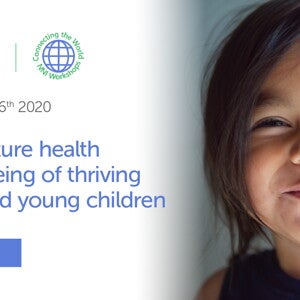
95th Nestlé Nutrition Institute Workshop - Building Future Health and well-being of thriving toddlers and young children

94th Nestlé Nutrition Institute Workshop - Milk, Mucosal Immunity and the Microbiome: Impact on the Neonate

93rd Nestlé Nutrition Institute Workshop - The Global Landscape of Nutrition Challenges in Children
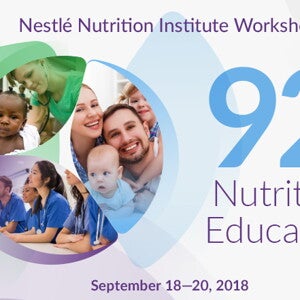
92nd Nestlé Nutrition Institute Workshop: Nutrition Education - Strategies for Improving Nutrition and Healthy Eating in Individuals and Communities

91st Nestlé Nutrition Institute Workshop: Nurturing a Healthy Generation of Children

90th Nestlé Nutrition Institute Workshop: Human Milk: Composition, Clinical Benefits and Future Opportunities
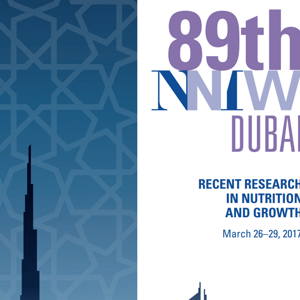
89th Nestlé Nutrition Institute Workshop: Recent Research in Nutrition & Growth

75th Nestlé Nutrition Institute Workshop: Nutritional Coaching Strategy to Modulate Training Efficiency